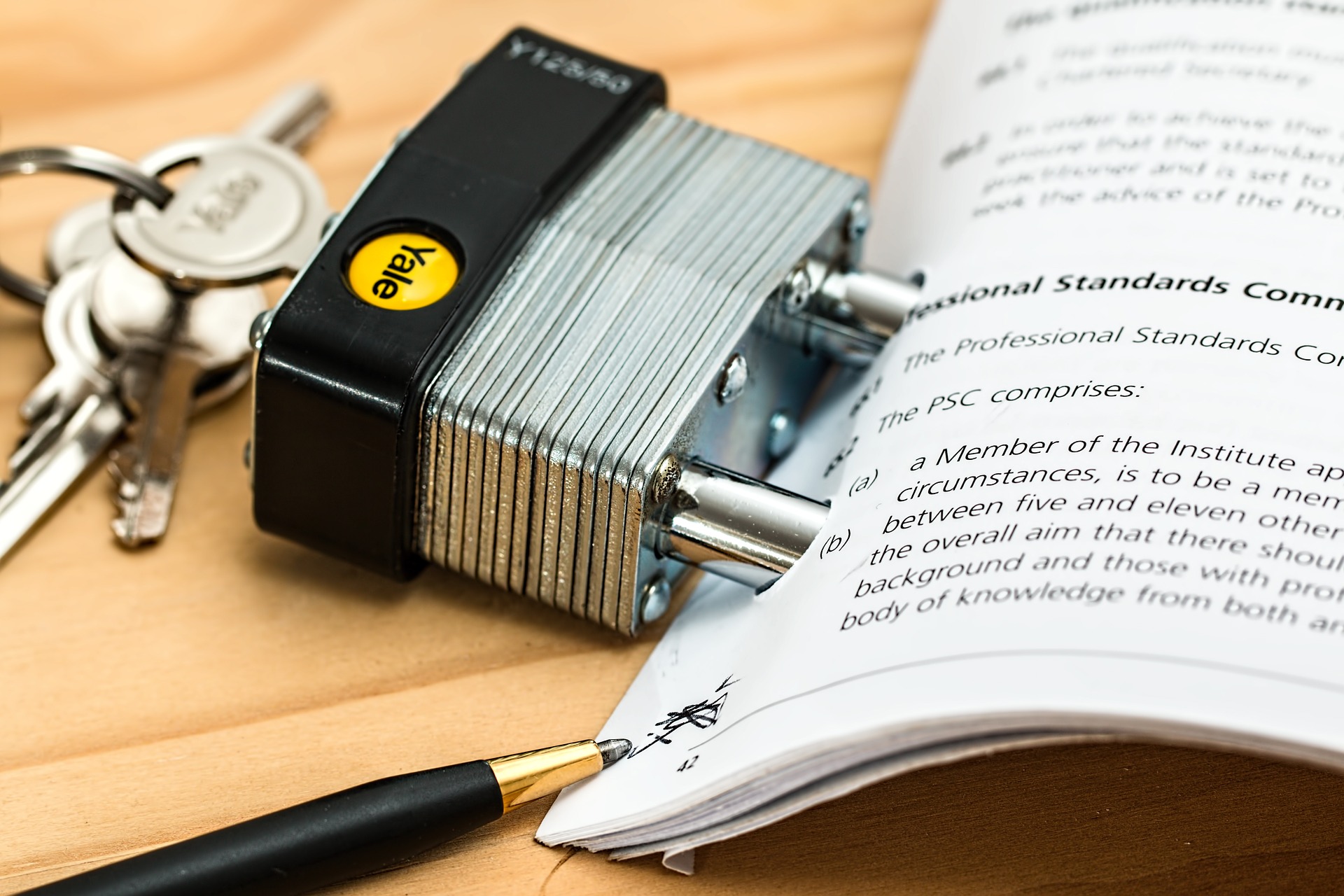The Law Offices of Brad Jackson recently scored our second big business litigation victory in less than a week by winning a summary judgment for two clients in a multimillion-dollar contract dispute. The decision issued in Dallas district court followed our successful defense of another client in a $100,000 fraudulent transfer claim.
The most recent ruling stems from a lawsuit that was filed against our clients by their former business partner, who claimed he was wrongly fired. Brad won that case in a summary judgment that protected our clients from more than $1 million in alleged damages.
The former partner responded by filing an appeal with Dallas’ 5th District Court of Appeals. Brad won the appeal last year when the court confirmed that our clients’ former partner was owed nothing and ordered him to pay for the costs of the appeal.
Despite the clear loss, the business partner and his attorneys were not done trying to force our clients to pay him something.
Fired Partner Argues for Stock Buyback
After he was fired, the former partner claimed that a contract among the owners obligated our clients to purchase his company stock, which he claimed was worth roughly $2 million. The Court initially denied summary judgment motions from both sides before scheduling a jury trial for last October to decide the contract dispute.
Prior to the trial, Brad helped convince the Court that an interpretation of the partners’ agreement should be determined by the Judge as a matter of law. The trial was postponed so both sides could brief the Court on the disputed issues.
Court Agrees with Brad Jackson in Ruling
In his brief, Brad argued that the contested contract did not include an obligation for our clients to buy back their former partner’s stock. Instead, Brad told the Court that the contract created an option for them to buy the stock if they chose to do so.
After considering arguments from both sides, the Court agreed with Brad and issued a final judgment representing a complete victory for our clients.
In the decision, Presiding Judge Maricela Moore of Dallas’ 162nd District Court ruled in our clients’ favor by granting both our previous and current summary judgment motions. In addition to awarding the business partner zero damages, the ruling also requires him to pay our clients’ court costs.
Although the former partner has lost multiple summary judgment decisions and appeals court rulings, he already has indicated that he intends to appeal this latest loss as well. Of course, we will continue to defend our business litigation clients and protect their legal rights through the appellate process.


